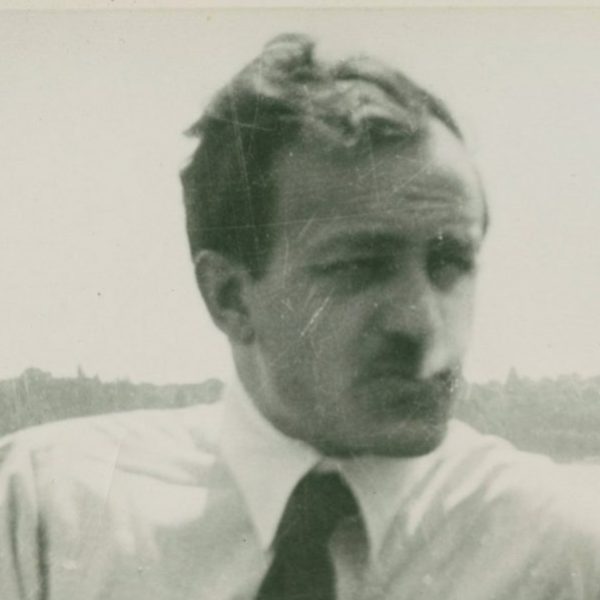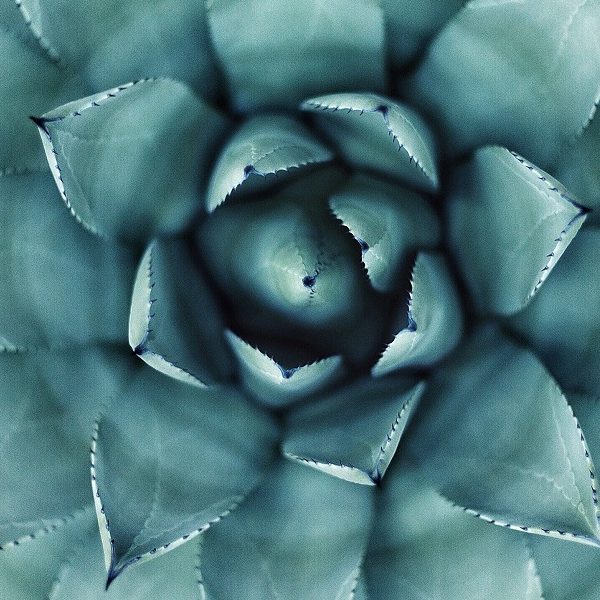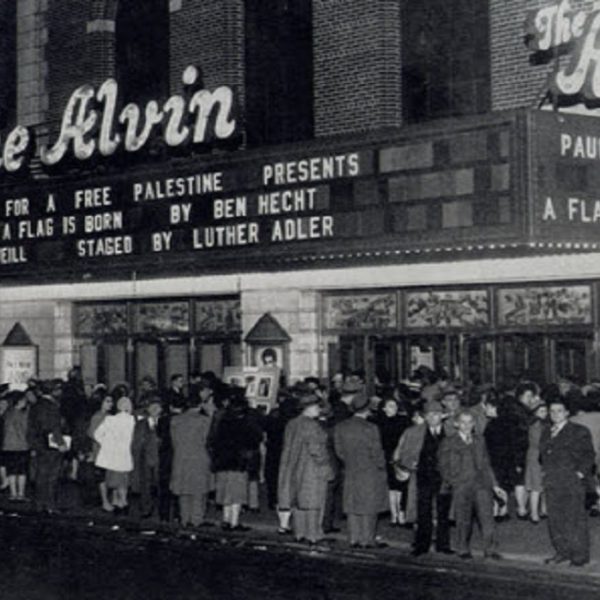A Lost Village Remembered in Poetry
One day many years ago, when the Palestinian poet Taha Muhammad Ali was four years old and peering into the cradle of a newborn girl, his father explained that eventually Taha and this baby would wed. Not fully understanding, Taha asked, “If she’s ours, why can’t we take her with us now?” The girl Amira and Taha grew up next door to each other, but one night about thirteen years later, Taha was seventeen years old and fleeing his village as the Israeli bombs fell. Thousands and thousands of Arabs were separated from their families. Soon after the long trek to refuge in Lebanon, Taha and Amira said good-bye to each other, not knowing it would be thirty-four years until they met again.
 Adina Hoffman’s biography of the poet, My Happiness Bears No Relation to Happiness: A Poet’s Life in the Palestinian Century, is not a love story. Instead, it is a story of loss and how from that loss Taha has created art. Amira became a “muse” in Taha’s work, a symbol of everything his family lost when they became refugees; indeed, it was everything. The night his family fled, not only did Taha leave behind at least a cousin, a sister, and his grandmother, but the entire village of Saffuriyya disappeared altogether, becoming one of over four hundred “lost” towns of Palestine. Taha wrote the following lines forty years later, thinking back to the night they left their homes:
Adina Hoffman’s biography of the poet, My Happiness Bears No Relation to Happiness: A Poet’s Life in the Palestinian Century, is not a love story. Instead, it is a story of loss and how from that loss Taha has created art. Amira became a “muse” in Taha’s work, a symbol of everything his family lost when they became refugees; indeed, it was everything. The night his family fled, not only did Taha leave behind at least a cousin, a sister, and his grandmother, but the entire village of Saffuriyya disappeared altogether, becoming one of over four hundred “lost” towns of Palestine. Taha wrote the following lines forty years later, thinking back to the night they left their homes:
“We did not weep
when we were leaving
…
We did not know
at the moment of parting
that it was a parting,
so where would our weeping
have come from?”
Hoffman never tries to make us believe that losing Saffuriyya was like losing Paradise. Her extensive research through interviews and archives shows that in Saffuriyya, crime such as injuring or killing animals, arson, theft, and murder was often settled by violence. Taha recalled the “neighborly relations”, remembering the “cold war”-like conditions between the east and west sides of the town led to the equivalent of gang fights followed by reconciliation ceremonies. Yet all the crime was Saffuriyyan-on-Saffuriyyan—“nothing whatsoever to do with the Jews.” And after the Israeli bombings, neither the good nor the bad of the village remained except in words—available to us through Taha’s memory and poetry. Hoffman’s book is the first biography of a Palestinian writer, recreating not only Taha’s life, but the chronicle of a family, a village, a culture.

























